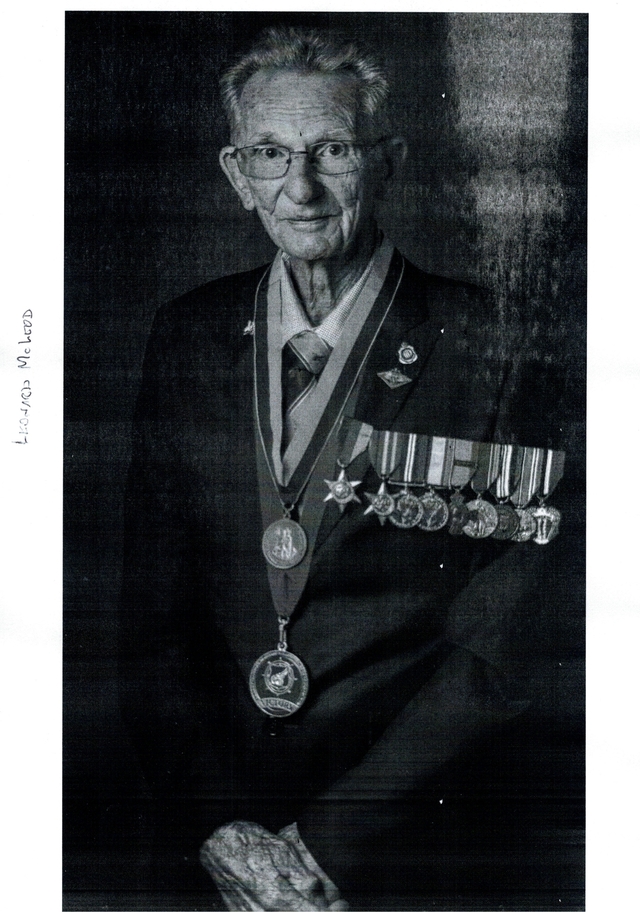Digital Edition
Subscribe
Get an all ACCESS PASS to the News and your Digital Edition with an online subscription
Forgotten Dalveen veterans finally recognised
Nineteen World War One veterans have been added to the Dalveen Honour Board after over a century of being unnamed and unrecognised in the...








